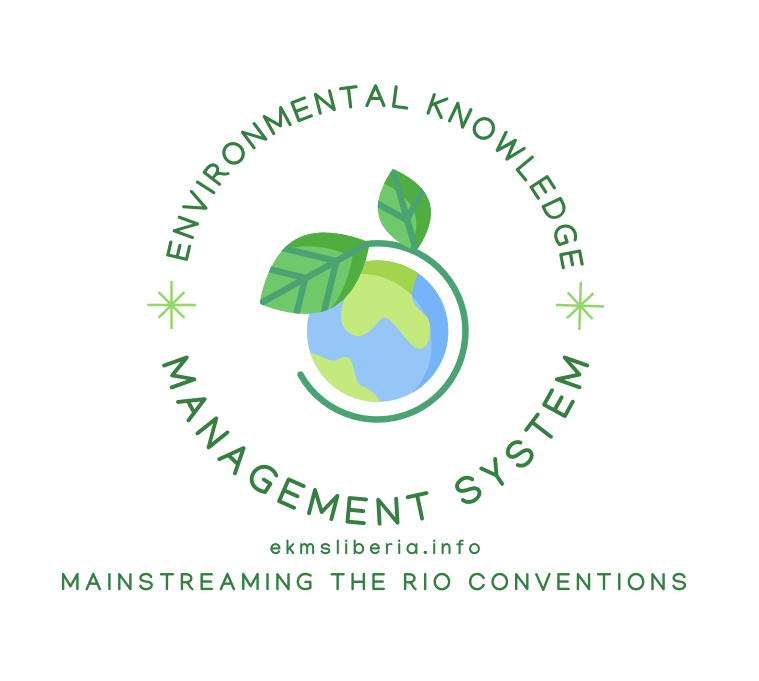Liberia’s fisheries resources are a national asset and part of our heritage therefore it is our responsibility to manage and develop them for the benefit of the country as a whole, especially for those communities upon which their livelihoods depend. If we are able to achieve this, fish has the potential to make a significant contribution to the social and economic development and wellbeing of our nation. Implementing this policy and strategy is a
major step that we take together to achieve this vision.
As I look back over the years I see that we have achieved some milestones, particularly in the area of overcoming illegal fishing in our Fisheries Waters. Liberia, a few years ago, was subjected to an annual loss of over US$12.0 million through illegal fishing. This loss has recently significantly minimized, as a result of our relentless struggle in confronting illegal fishing, and bringing perpetrators to account. The fish resources that used to be stolen are now available for our small-scale fishers or foreign vessels that pay for the rights to fish.
These positive steps provide us with great hope for the future – a future that within this policy has been underpinned by Article 7 of the Constitution of the Republic of Liberia.
The fisheries and aquaculture policy sets out objectives for us to strengthen community stewardship of fishery resources and to support the development of up-and-down stream commercial activities. It promotes the development of sustainable aquaculture for subsistence and commercial purposes to provide more fish for food and jobs. In our industrial fisheries, we will tread with caution and establish a just rights allocation system to encourage economically viable, efficient and sustainable fisheries.
The policy recognizes the safety net that fisheries provide for our poorest people. I am abundantly aware that at a time when climate change is upon us, we need to improve the resilience of our most vulnerable people to change. However, we must also be mindful that the social and economic benefits derived from the sector are dependent on long-term ecological sustainability, so we need to implement strategies that encourage responsible use of the ecosystem.
This policy has been developed based on home grown practical experiences, captured through country-wide consultations, and best practice examples drawn from international experiences. This blend of experience and knowledge, if implemented in the spirit of our guiding principles – equity, sustainability, transparency, optimality, and inclusiveness – will provide us with the pathway to prosperity.


